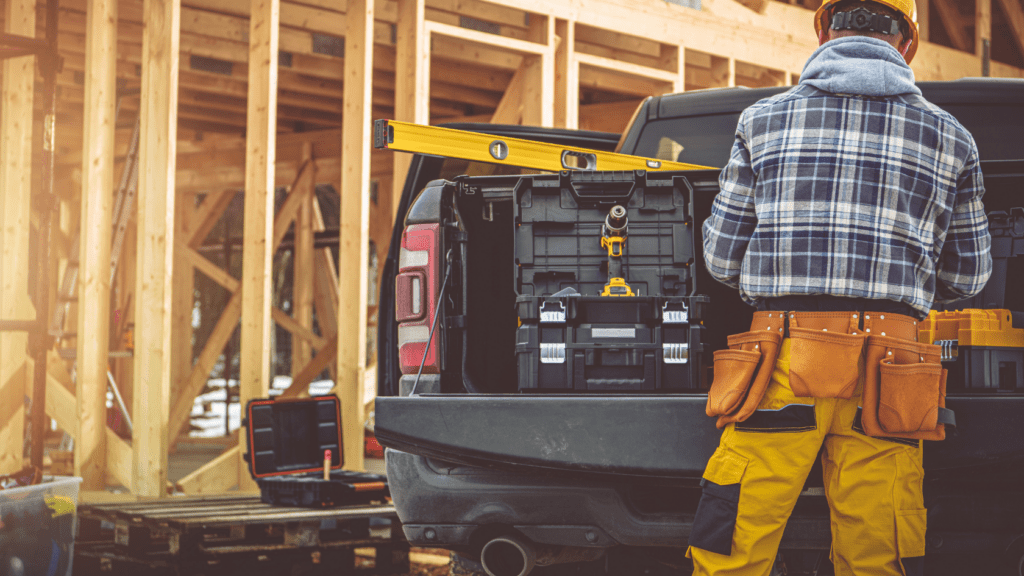
The government’s recent announcement of a significant tax increase on double-cab pickup trucks sparked widespread concern among farmers and tradespeople.
The plan involved reclassifying these vehicles as company cars rather than commercial vehicles, resulting in hefty benefit-in-kind tax bills based on CO2 emissions.
Government’s Reversal
However, following a wave of backlash and concerns raised by various stakeholders, HM Revenue & Customs (HMRC) issued a statement acknowledging the potential adverse effects of the proposed tax change. They recognised the impact on businesses, particularly within the vital motoring and farming industries.
The statement reaffirmed the existing tax treatment, effectively retracting the earlier plans. Nigel Huddleston, Financial Secretary to the Treasury, assured that legislative changes would be made to prevent unintended consequences for farmers, van drivers, and the broader UK economy.
Significance of Existing Tax Treatment
Most double-cab pickup trucks are classified as light commercial vehicles (LCVs), enjoying a favourable flat rate benefit-in-kind (BIK) tax, independent of emissions or price.
This contrasts sharply with the BIK brackets for cars or SUVs, which vary based on emissions and cost and could result in significantly higher tax liabilities.
Potential Market Impact
The proposed tax hike prompted concerns about its potential market impact. If implemented, there would likely have been a rush to purchase new and used pickup trucks before the imposition of the new tax regime, followed by a subsequent downturn in the market.
Future Outlook
Fortunately, consumer pressure was pivotal in prompting the government’s reversal.
Looking ahead, several major manufacturers are exploring alternative fuel systems, with electric options beginning to emerge. This shift reflects a broader trend towards sustainable mobility solutions and underscores the importance of balancing fiscal policies with environmental considerations.

